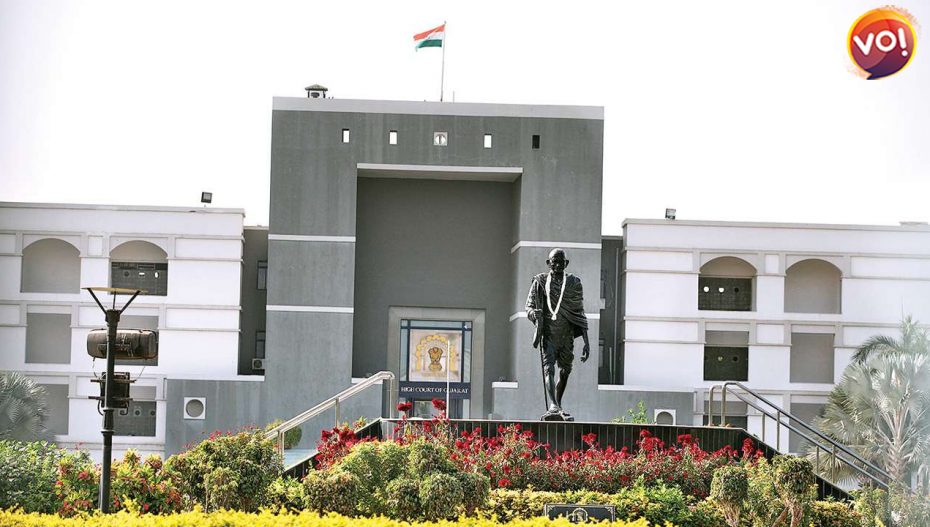The Gujarat High Court held that according to the fundamental rights guaranteed under Article 19(1)(g), private schools can charge fees as they deem fit without profiteering while quashing the orders of the Fee Regulatory Committee (FRC). Single Bench of Justice Bhargav D. Karia directed that no self-financed school shall collect any fee over the fee fixed by the FRC for admission of students to any standard or course of study in that school.
The Court heard multiple Special Civil Applications (SCAs) filed by the schools challenging the orders passed by the FRC under the Gujarat Self-Financed Schools Act, 2017. The Petitioners chiefly contested that the right to determine the fees was the prerogative of the school and the only jurisdiction of the FRC was to verify whether the fee amounted to profiteering or not. Reliance was placed on TMA Pai Foundation and Ors vs State of Karnataka and Ors where the Apex Court had affirmed, inter alia, that the fixing of a rigid fee structure by a government body is unacceptable.
Justice Karia relied on the case of P.A. Inamdar and others v. the State of Maharashtra that setting up a reasonable fee structure is also a component of “the right to establish and administer an institution” within the meaning of Article 30(1) of the Constitution, as per the law declared in Pai Foundation.
According to the FRC, if the expenditure is not to impart education, then necessary verification be undertaken and then to arrive at the conclusion by assigning reasons for the same that such expenditures would not be necessary for education to justify the fees proposed by the Self Financed School would not result into the “profiteering” and “capitation fee” or “charging exorbitant fees” prescribed under section 2(r) of the Act,2017.
The Bench further relied on the Islamic Academy of Education and Anr v/s State of Karnataka and Ors to state that the determination of fees involves several factors such as infrastructure, age of the institution, the investment made, and future plan of expansion etc. The FRC could investigate these expenditures to verify but could not determine the reasonableness of the expenditure as per Sec 8(2)(b) of the Act.
A few schools drew Court’s attention to several heads such as ‘Future Development Cost,’ ‘Rent’, ‘Depreciation’, ‘Term fees and admission fees’, ‘Interest on Loan’, ‘Curriculum Expense‘ and so on which were either disallowed by the FRC or modified. For instance, the FRC allowed 2.5% of the actual interest expenses borne by the school on the ground that the parents cannot be burdened. ‘Curriculum Expenses’ charged by the schools were disallowed even as the schools submitted that a huge amount of innovation, training, and time is required for the same.
The schools had also raised individual issues such as the disallowance of expenses on snacks, inclusion of Right To Education (RTE) students in a total number of students which affected the average expenditure per student, disallowance of maintenance issues, disallowance of field trip expenses and so on. The State submitted that these issues were largely questions of facts and the Court should not use its extraordinary jurisdiction to analyse the views of FRC and the perceptions of the Petitioners on each issue. Thus, the petition was not maintainable.
Read More: Gujarat Govt Introduces New Vocational Courses In 589 Schools












